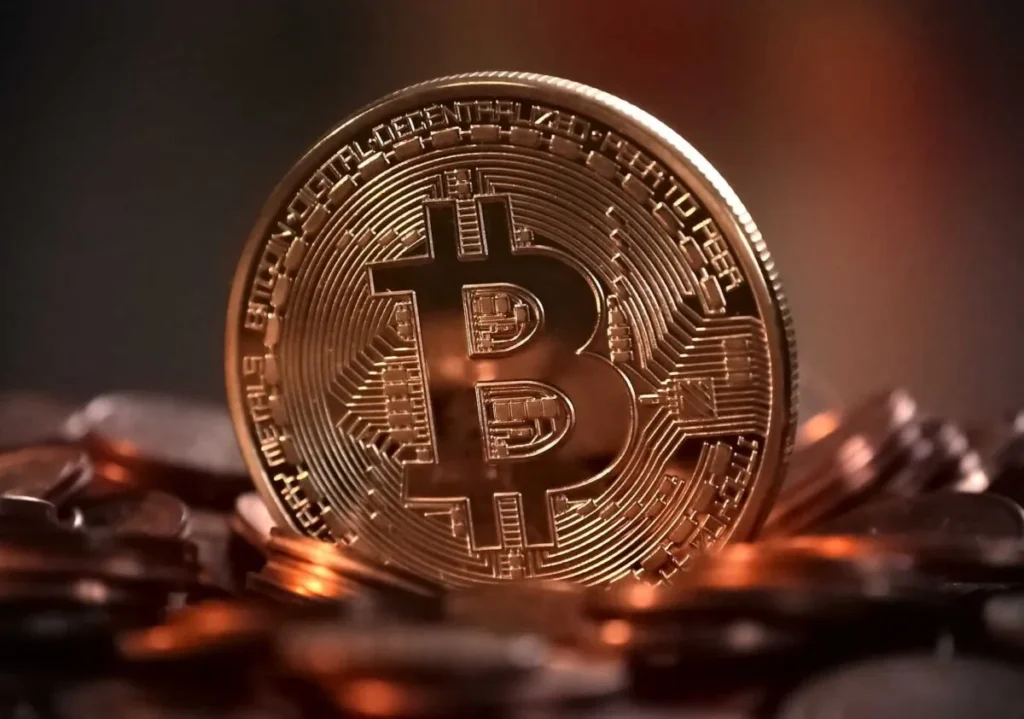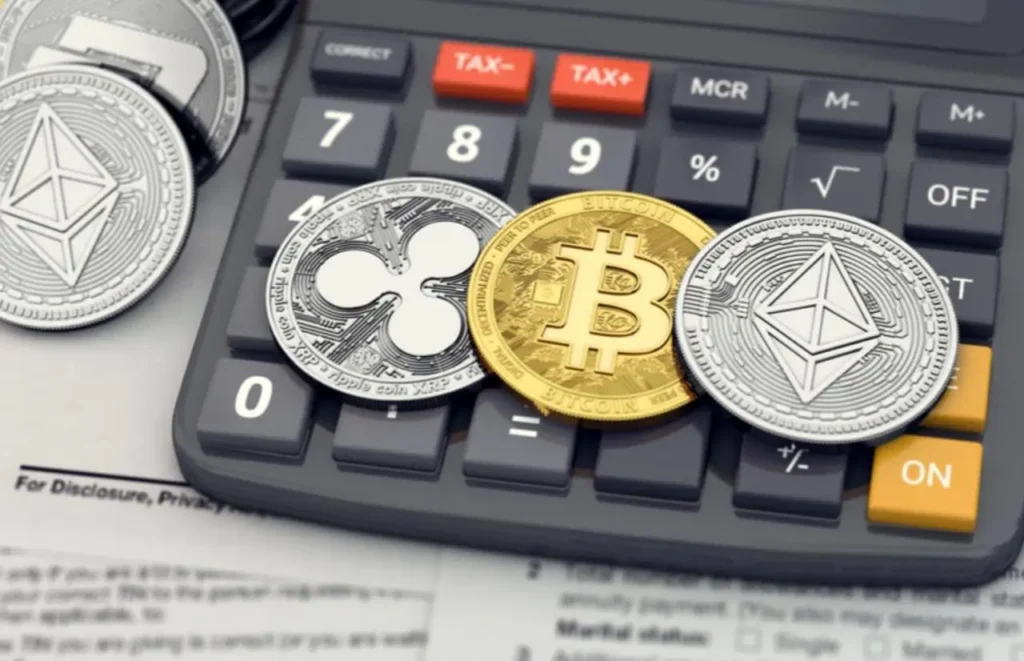What’s Really Coming for the Future of Crypto in Thailand? A Ground-Level Look
Thailand’s been riding the crypto rollercoaster for years—and yet, here we are in 2025, still asking: where’s this actually going? The future of crypto in Thailand isn’t just about Bitcoin pumps or NFT drops anymore. It’s deeper. Slower. Maybe even more sustainable.
Yes, the buzz has calmed down. But under that surface? There’s real movement—especially in how finance, tech, and culture are starting to blend through digital assets. This isn’t about hype. It’s about evolution.

Credit from : MLT Aikins
Thailand’s Crypto Laws: From Chaos to… Somewhat Order
Let’s rewind a bit. Back in the early 2020s, Thailand’s crypto environment was a bit like a street market—lively, full of energy, but also messy. Regulators were constantly playing catch-up with fast-moving trends. One moment, everyone’s minting NFTs; the next, the SEC drops a rule nobody saw coming.
But by late 2024, things began to settle down.
According to Techsauce, 2024 was something of a landmark year for digital assets in Thailand. The Securities and Exchange Commission (SEC) began to find its footing. Binance even launched a localized version (Binance TH), fully compliant with Thai regulations—a signal that international platforms can, in fact, work within the system if they play it right.
No, the regulation isn’t perfect. It still has holes. But let’s give credit where it’s due: the foundation is there. And for once, regulators, developers, and investors seem like they’re in the same room.

Tokenization Could Be Thailand’s Crypto Sweet Spot
Alright, so here’s a term that gets thrown around a lot lately—tokenization. Sounds vague, but trust me, this might be where Thailand quietly leads the region.
The idea? Take real-world assets—property, art, debt, you name it—and turn them into tradable tokens on a blockchain. It’s like making pieces of something big, so regular folks can own a slice.
According to SCB’s deep-dive, tokenization could unlock a wave of fractional investing in Thailand. Think about this: instead of buying a 3 million baht condo, you buy a small stake—say, 0.01%—on a regulated platform. Suddenly, more people can “invest,” not just the wealthy.
Of course, this isn’t live yet in any massive way. There’s still legal gray area around asset custody, trading rights, and investor protections. But major banks like SCB aren’t just flirting with the idea—they’re actively piloting it.
So maybe, just maybe, the next “crypto boom” in Thailand won’t be about coins—it’ll be about the stuff those coins represent.
The Future of Crypto in Thailand Depends on Gen Z
You want to see where this space is headed? Look at the kids.
At The Standard’s “Street of the Future” event in Bangkok, you could feel the energy shift. These weren’t institutional traders or finance bros. They were students, creatives, and developers—messing with Web3 wallets, launching tokens for their side hustles, playing with blockchain loyalty systems.
Thailand’s Gen Z isn’t asking permission to use crypto—they’re already living it.
And they’re not here for the old-school Bitcoin HODL narrative. They’re into utility. Payments. Gaming. Ownership. Access. They use tokens as tools, not just as speculative bets.
So yeah, this generation might be the wildcard that pushes crypto from fringe to function.

Future of Crypto in Thailand: Two Subtle Trends That Could Define the Next 5 Years
1. Crypto Loyalty Is Coming… Just Not Loudly
Sounds silly at first, but loyalty systems could be one of crypto’s most useful (and overlooked) applications in Thailand. Picture this: instead of getting 10 stamps on your bubble tea card, you earn an on-chain reward—one you can sell, trade, or use elsewhere.
It’s already happening in bits and pieces. Thai cafés, festivals, and even fashion brands have started testing out NFT-based reward programs. It’s clunky for now, but it works—and it taps into what Gen Z wants: personalization, transparency, and digital ownership.
2. Stablecoins Will Fill the CBDC Gap (For Now)
Thailand’s central bank has been exploring a digital baht for years. Retail pilots have happened. Feedback has been gathered. But full rollout? Still TBD.
So while the Bank of Thailand takes its time—and probably for good reason—stablecoins are quietly stepping in. Thai users already use USDT or BUSD for remittances, freelance gigs, or just to hedge against baht swings. It’s not official, but it’s real.
By 2030, who knows? We might see stablecoins and CBDCs coexisting in everyday Thai transactions. Or maybe one wins out. Hard to say right now.
Wait—What About Crypto Taxes?
Ah yes. Everyone’s favorite topic.
Thailand technically taxes crypto gains as income. But enforcement? Spotty. Filing? Confusing. Education? Limited.
Plenty of traders fly under the radar. Some overpay just to avoid issues. And the gray zones around DeFi, staking, and airdrops don’t help.
The good news: regulators are aware. And as the digital economy matures, expect smoother integration with national tax platforms. But there will likely be a few painful years in between where the rules are murky—and people get caught out.
Moral of the story? Don’t assume silence equals safety.

Credit from : Coindoo
Future of Crypto in Thailand: Predicting the Future of Crypto in Thailand (Cautiously)
We’re not fortune tellers. But based on where things are headed, here’s what might actually unfold by 2030:
- Tokenized investing goes mainstream—especially in real estate and alternative assets.
- Thai banks roll out hybrid products—part-crypto, part-traditional, to keep everyone happy.
- CBDCs and stablecoins coexist—giving users more flexibility, while banks retain control.
- Web3 tools sneak into daily life—not as revolutions, but as upgrades (loyalty cards, voting, ticketing).
- Education becomes crucial—not just for users, but for teachers, officials, and even lawyers.
But let’s not pretend it’ll all be smooth sailing. Expect regulatory fumbles. Tech misfires. Scams, sadly. And probably a few public panic moments when the market dips.
Still, if Thailand keeps nudging forward—with caution and curiosity—the result could be a balanced, functional crypto economy that’s actually usable. Not flashy. Not perfect. But real.
Final Thoughts: Thailand’s Crypto Path Might Be Quiet, But It’s Real
The future of crypto in Thailand isn’t going to explode overnight. And that’s probably a good thing. It’s shifting gradually—from speculative chaos to functional innovation. From just coins to systems, platforms, and real-world use cases.
Sure, there’s uncertainty. And yes, adoption will likely move in frustrating fits and starts. But one thing’s becoming clearer: Thailand isn’t stepping away from crypto. It’s just trying to make it work on its own terms.
And honestly? That might be the smartest move yet.



